PCoN-M3: Precise Control of Nanoporous Materials in Multi-dimensional Morphology
Plastic wastes represent currently a major environmental problem, often ending up in the oceans, soil or accumulated in landfills. Due to the important limitations of the mechanical recycling of plastic materials, in recent years there has been great interest in the development of new recovery routes, based on thermochemical transformations, in order to obtain products with applications such as fuels and / or raw chemicals, thus promoting the principles of the circular economy. Among them, pyrolysis should be highlighted for its great versatility in terms of the type and nature of the wastes that can be used. Pyrolysis is a thermal decomposition treatment, which normally takes place in an inert atmosphere, at atmospheric pressure and intermediate temperatures, obtaining different products: waxes, liquid (oil), gases and a solid residue (char). In addition, it should be taken into account that the use of real plastic wastes implies the presence of halogenated compounds (which contain Cl and Br, mainly), which hinders the feeding and subsequent processing of pyrolysis waxes and oils in refinery units. An alternative of great interest is the incorporation of catalysts to the pyrolysis process to achieve a narrower product distribution, increasing their quality and reducing their halogen content.
The most widely used catalysts in this type of processes are based on zeolites for their thermal stability, regeneration capacity and shape selectivity. However, the use of these materials when working with very bulky compounds, as is the case of plastic wastes, can lead to a fast catalyst deactivation. Therefore, it is essential to design new methods of synthesis of zeolites in which their textural properties and accessibility are improved and the environment of the active centers at the atomic level is controlled.
Taking into account this background, the main objective of this project, to be executed in international collaboration (with the participation of three research groups from Japan, Czech Republic and Spain, respectively), is the development of new methods of synthesis of zeolites that allow controlling their accessibility and their properties at the atomic level to be applied as catalysts in pyrolysis processes (inert atmosphere) and hydropyrolysis (hydrogen atmosphere) of plastic wastes. Specifically, the Spanish research group will be responsible for carrying out the catalytic tests, focusing on the use of real plastic wastes from the electrical/electronic and end-of-life vehicle sectors, which are characterized by their complexity in terms of polymer types and their high halogen content. To this end, the catalysts synthesized and characterized by the other groups involved in the project will be tested, investigating the incorporation of metal phases to these materials in order to promote catalytic hydrodehalogenation reactions. Once both types of transformations (pyrolysis and hydrodehalogenation) have been studied separately, the option of integrating them into a single process (catalytic hydropyrolysis) through the use of zeolitic catalysts with multifunctional properties will be assessed.
Project Webpage: https://concert-japan.eu/Precise Control of Nanoporous Materials in Multi-dimensional Morphology
Partners: The University of Tokyo (Coordinator) (Japan); Charles University (Czech Republic); Hiroshima University (Japan); IMDEA Energy Institute (Spain)
Funding Institution/Program: European Union & Spanish Ministry of Science, Innovation and Universities MICIU / Spanish National Agency AEI / 10.13039/501100011033 Project (PCI2023-143433) / EIG CONCERT-Japan
Call: CONCERT-Japan Joint Call 2022 on Design of Materials with Atomic Precision / Spanish National Call for grants 2023 for International Colaborative Projects (PCI2023-1)
Type of action: Research and Innovation Action
Period: April 2023 – March 2026
IMDEA Energy Institute external funding: 125.840,00 €
Principal Investigator: Dr. David Serrano



